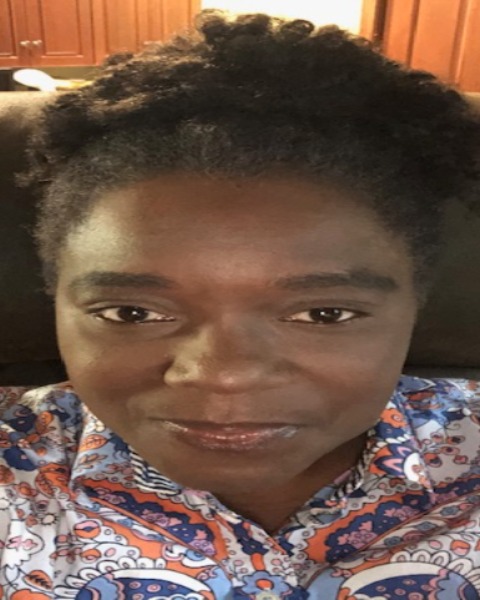LGBTQ+
Surprising Barriers to Seeking a Psychosocial Assessment for Gender-Affirming Care: Anti-Trans Messages on Google Searches for Providers
(PS7-B30) Surprising Barriers to Seeking a Psychosocial Assessment for Gender-affirming Care: Anti-trans Messages on Google Searches for Providers

Sarah Ashworth, B.A.
Graduate Research Assistant
University of Nebraska-Lincoln
Lincoln, Nebraska.jpg)
Niko Vehabovic, M.A.
Graduate Research Assistant
University of Nebraska-Lincoln
Lincoln, Nebraska- WJ
Will Jackson, B.A.
Research Assistant
University of Nebraska-Lincoln
Lincoln, Nebraska 
Sharon N. Obasi, Ph.D.
Associate Professor and Program Chair of Family Science
University of Nebraska Kearney
Kearney, Nebraska- RM
Richard Mocarski, Ph.D.
Associate Vice President for Research
San Jose State University
San José, California 
Nathan A. Woodruff, None
Trans Collaborations Local Community Board Chair
Trans Collaborations
Lincoln, Nebraska
Debra A. Hope, Ph.D.
Aaron Douglas Professor
University of Nebraska-Lincoln
Lincoln, Nebraska
Author(s)
Co-Author(s)
Background
Often, transgender and gender diverse (TGD) individuals are required to undergo a psychological assessment as a requirement to move forward with gender-affirming surgical procedures due to currently accepted standards of care. We have limited understanding of the nationwide availability of mental health providers who offer such services, as well as the ease with which clients are able to locate and secure an appointment to undergo this assessment in a timely manner.
Aims
The present study used data collected as part of a larger study of whether therapist responses to inquiries for services vary by key demographic variables such as race and gender identity. The present study attempted to mirror the procedures used by TGD clients who are not connected to other community members and therefore do not have the ability to find mental health providers who offer pre-surgical psychological assessments through word of mouth. This was utilized to examine the search results that individuals who identify as TGD may see. Although we were initially only interested in the availability of providers, in the search process we discovered that the searches often yielded anti-transgender content and we wanted to explore that further.
Methods
Twenty-four incognito Google searches of “< State > Gender Therapist” were conducted to identify providers offering psychological assessments for clients pursuing gender-affirming medical care. The goal was to identify 100 providers in each of the four United States geographic regions -- (Midwest, Northeast, South, and West). Dependent variables included the number of states needed to identify 100 providers and the presence/absence of transphobic content within the search results used to identify these providers.
Results
There was variability in the number of states that needed to be sampled in order to include 100 practitioners from each geographic region (Midwest: 7/12, Northeast: 5/9, South: 6/16, West: 6/13). There was also variability in the number of states in each region that had search results containing explicitly transphobic messaging (Midwest: 3/7, Northeast: 2/5, South: 1/6, West: 1/6).
Discussion
Our results suggest that accessibility of mental health practitioners that provide psychological assessments for clients pursuing gender-affirming medical care varies by state and geographic region, with these services being most accessible in the Northeast and least accessible in the Midwest. In addition to services being least accessible in the Midwest, the process of finding services in this region was also the most hostile, with Google searches in nearly half of these states including paid advertisements or other results that were blatantly transphobic. Although TGD people seeking services may not click on the transphobic messaging, the marginalizing experience of encountering transphobic messages while seeking care likely presents a significant barrier. More details on the transphobic messages will be included in the poster.

